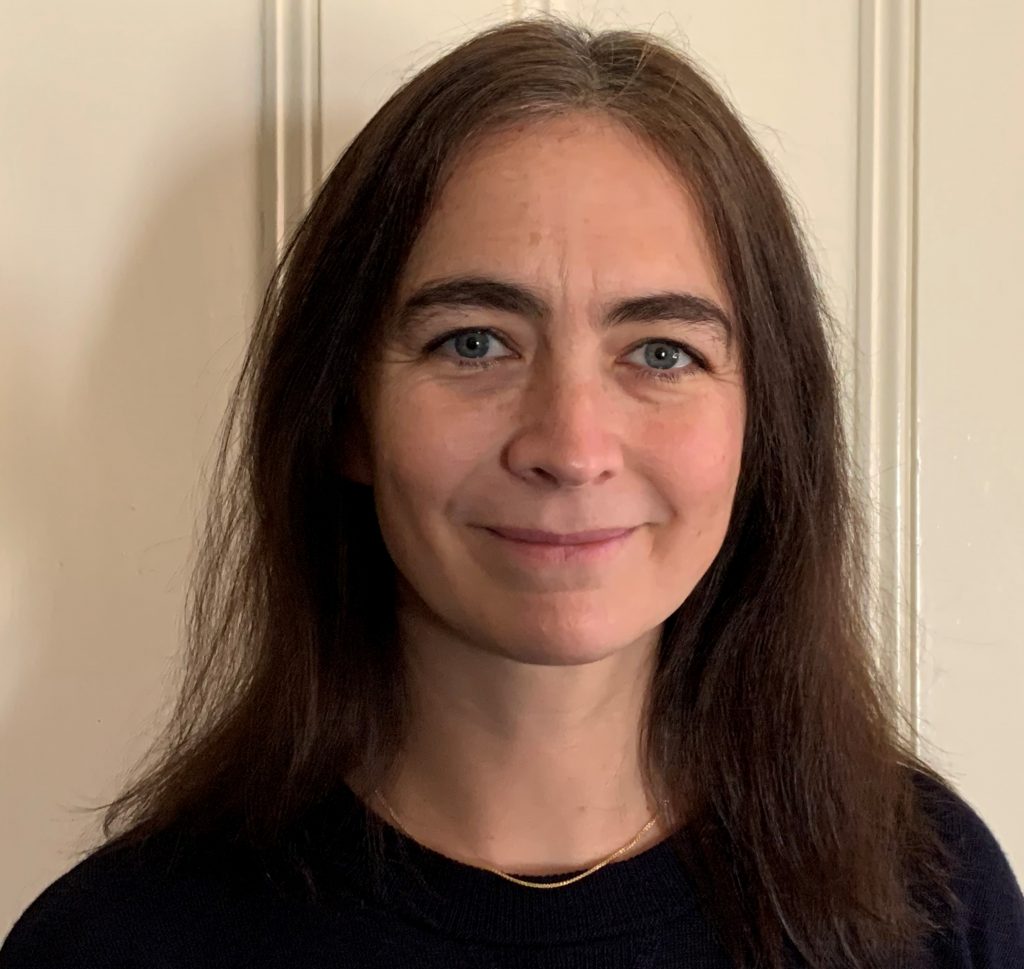I love learning and I’ve been lucky to have the opportunity over two decades to study across a broad range of disciplines, in both science and the humanities. I’ve university degrees in Russian, history, philosophy of science, as well as medicine, microbiology, epidemiology and public health. Unexpectedly these disparate interests have really helped in my role as medical lead for Lifeblood Milk since 2017. Human milk doesn’t fit neatly in to a specialty discipline, requiring expertise from so many people: neonatologists, lactation consultants, dietitians, midwives and nurses, dairy experts, food microbiologists, psychologists and many others including hospitals, government and researchers. It has been a privilege to meet so many dedicated people working to ensure that preterm babies get the best start in life.
My hospital clinical work has been incredible busy over the past two years with the COVID-19 pandemic, and I’m very grateful to have been awarded a Murdoch Children’s Research Institute Clinician Scientist fellowship in 2022, which will enable me to dedicate more time to donor human milk research; particularly looking at which specific cohorts of babies may benefit from donor milk.
